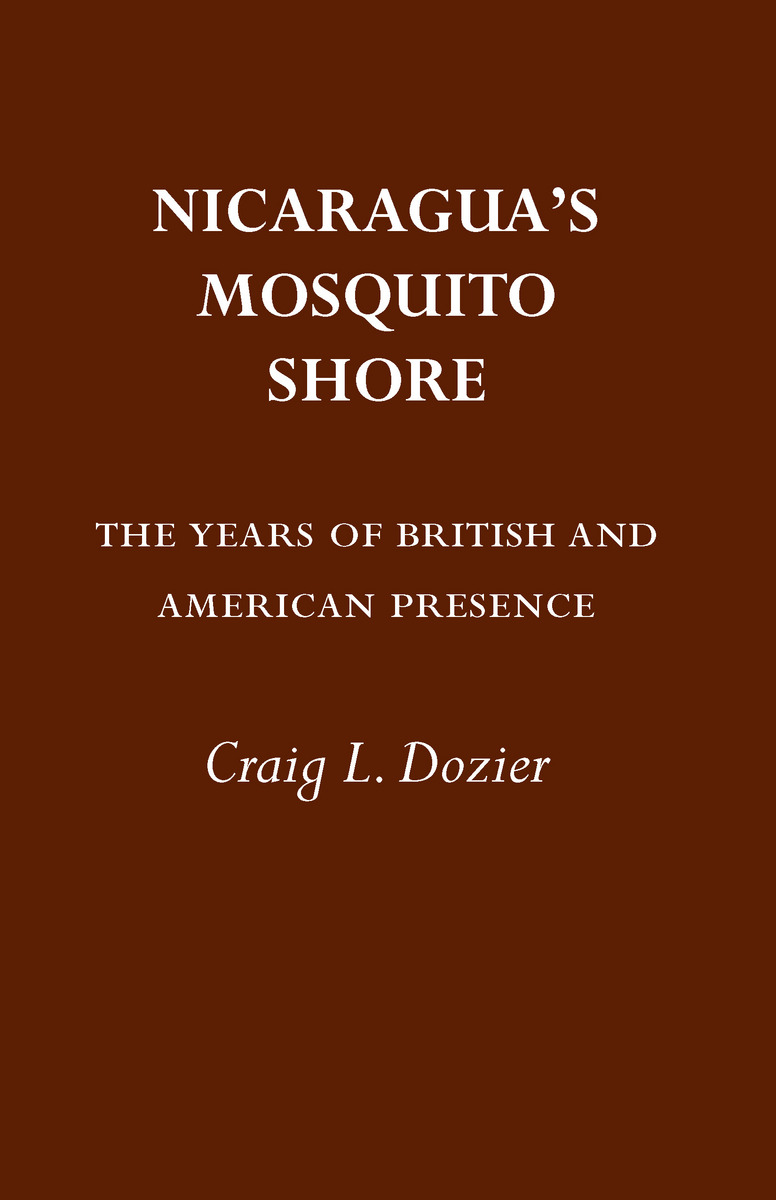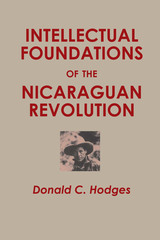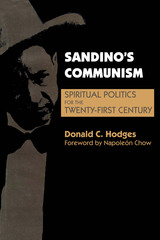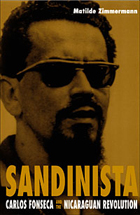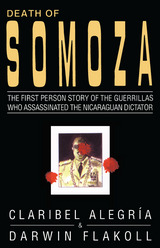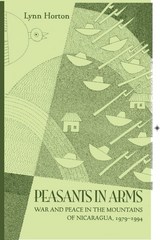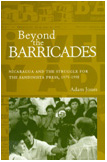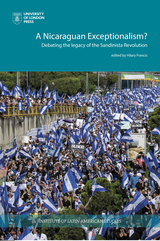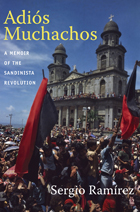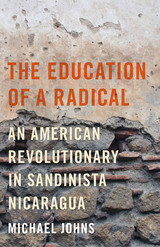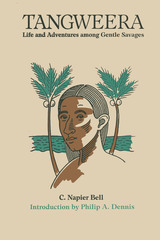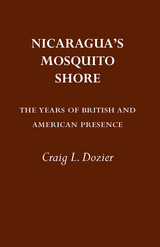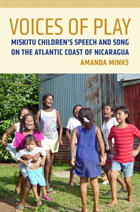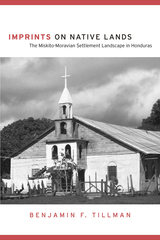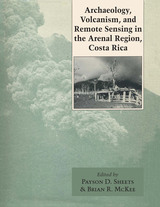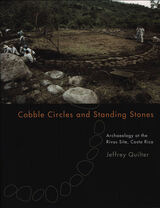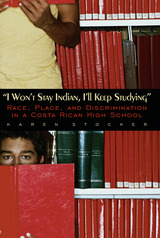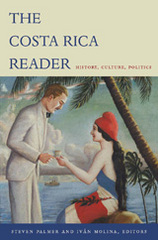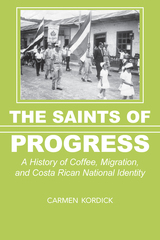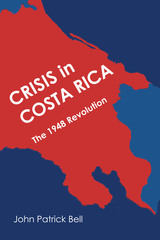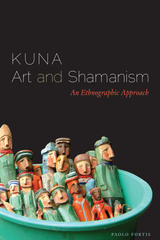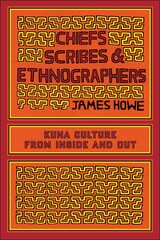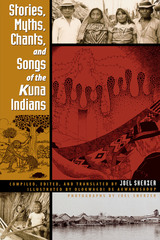Nicaragua's Mosquito Shore: The Years of British and American Presence
University of Alabama Press, 1985
Paper: 978-0-8173-1190-2 | Cloth: 978-0-8173-0226-9
Library of Congress Classification F1529.M9D68 1985
Dewey Decimal Classification 972.853
Paper: 978-0-8173-1190-2 | Cloth: 978-0-8173-0226-9
Library of Congress Classification F1529.M9D68 1985
Dewey Decimal Classification 972.853
ABOUT THIS BOOK | AUTHOR BIOGRAPHY | REVIEWS
ABOUT THIS BOOK
Nicaragua’s Mosquito Shore provides a general history of eastern Nicaragua from the time of the first British entry in 1633 to the present. The territory is populated chiefly by Mosquito Indians, who speak their own language and some Mosquito.
Separated from Nicaragua’s Pacific plain by mountains, the Atlantic coastal plain extends between 70 and 100 miles into the interior. Early Spanish settlers were ousted by the British, who engaged in the mahogany trade, and who also hoped for trade with Americans seeking a short route to California. In 1850, with the signing of the Clayton-Bulwer Treaty, the U.S. and Britain agreed that neither country would seek to acquire exclusive control over a Nicaraguan canal. Plans for the development of a Nicaraguan canal had a marked influence on the region for the next 100 years.
During the second half of the 19th century both rubber and bananas were produced commercially in eastern Nicaragua, and the Standard Fruit Company of New Orleans became the larges single commercial influence in the region. The first over American intervention in eastern Nicaragua occurred in 1912, when a contingent of Marines was dispatched to protect American commercial interests. The Marines remained for thirteen years.
Dozier develops the history of the current political troubles in Nicaragua, which had their origin in the early 1930s and which center about the control of the rich area inhabited by the Mosquitos. His book presents the historical background for the tragic events that are now taking place in that region.
See other books on: American Presence | British | Mosquitia (Nicaragua and Honduras) | South America | Years
See other titles from University of Alabama Press
